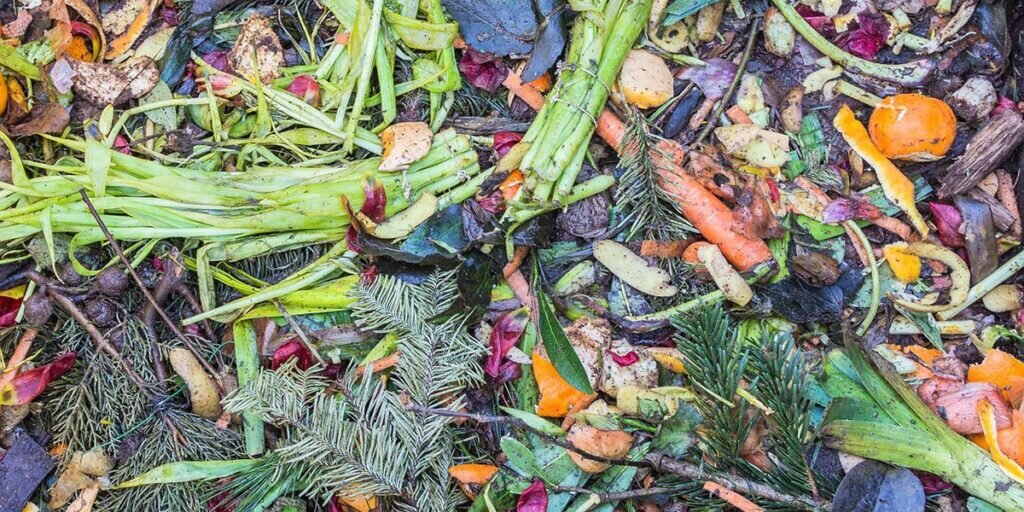
It is very easy to make your compost. This “garden gold” represents many advantages for your plantations, reduces the production of household waste and contributes to the preservation of the environment.
How to compost?
Composting is not just about piling up organic waste. It is above all to compose a mixture of kitchen and garden waste. The basic rules for making good compost:
- mix together the different organic wastes in order to balance the nitrogen and carbon inputs
- aerate and stir the mixture to promote the action of microorganisms and homogenize the resulting mixture
- watch over humidity
Indeed, the composting of organic matter is only done in the presence of air and water.
How do I know when my compost is ripe?
4 criteria allow you to identify if your compost is ripe:
- its homogeneous appearance
- its dark brown color
- its smell of undergrowth
- its lumpy structure
It takes between 3 and 5 months for a compost to be well decomposed and rich in humus .
How to get it back?
First, remove the top fraction, not yet broken down. Store it temporarily in buckets or on a tarp.
Then remove all the ripe compost. Then, put the non-decomposed fraction back into the mix with the new waste inputs.
How do I use my ripe compost?
You can incorporate it in the fall in your soil by digging for a basic treatment or spread it on the surface of your flower bed or around shrubs.
You can also use it as a mulch in your flower beds or as a substrate for your plantings or in your planters. After 3-4 months, use the compost as a nutritious mulch . This provides surface protection around shrubs, fruit trees and perennials. To be used in the fall.
After 6-8 months, you can use it as an organic amendment . You can then spread it in a thin layer and mix it with the surface layer of the soil by hoeing. This can be done in the spring or in the fall.
After 10-12 months, use it to repot your plants (1/3 of compost with 2/3 of soil).
The benefits of compost
Compost is a very good quality fertilizer for your vegetable or ornamental garden. It provides the humus necessary for the development of the microbial environment and the fertilizers necessary for the proper development of your plants.
In fact, 2-3% of the humus disappears each year, becoming mineralized to provide the essential elements for plant development. It is therefore necessary to compensate for this loss by burying compost or another equivalent amendment in the soil .
As the compost improves the structure of the soil, the work of the soil is facilitated It improves aeration and drainage of heavy soils .
You will quickly notice the development of the micro-fauna in your soil which will contribute to the final decomposition and aeration of the soil.
It provides plants with a nutrient supply in “dropper” form.
You will save money by bringing free natural fertilizer to your garden instead of buying fertilizers from the chemical industries.
Compost is the gold of the garden, your plants will thank you for their abundant blooms. However, be careful with the quantities used. Indeed, the compost produced is concentrated and it could burn the roots of your plants. It is therefore advisable to mix it well in small quantities with the soil when using it for planting.
In practice at home
At home, store a small basin under the sink. As soon as peeling is necessary, take a double sheet from an old newspaper. Place it on the worktop and collect the peelings. Once done, the sheet is rolled into a ball, towards the basin.
Eggshells follow the same path, as do coffee maker filters filled with past coffee.
You can also put the small brown paper bags donated by some traders.
The basin is regularly brought to the compost heap. When it rains, we leave it outside for a bit. The waste is thus moistened and the basin is cleaned …
The mown grass is put on the heap. However, avoid weeds and weeds of all kinds.
Damaged fruit picked up from the ground, too chewed for the compote, can also enrich the compost. Warning ! Not those with diseases!
When the leaves fall, a rough raking allows again to feed the heap.

